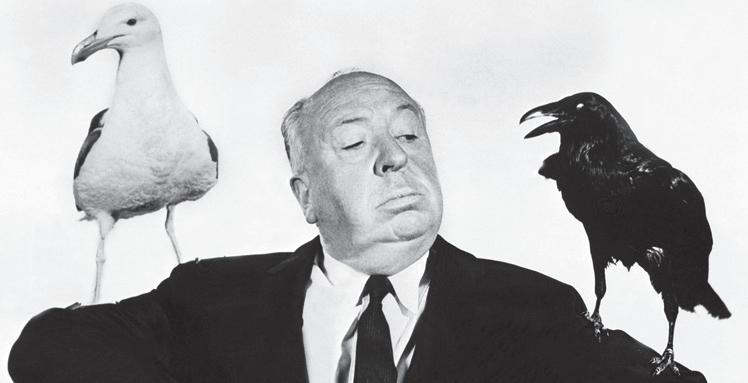
1 minute read
Budgeting drives saving
Spending is so much easier than saving.
It’s never too early to start saving and it doesn’t necessarily come to an abrupt end when you retire. It’s not all that complicated. It’s simply managing your money.
There are a handful of ways you can manage your money wisely, while still enjoying life’s simple pleasures.
You can establish a mental four-legged stool to manage your money.
Start by making sure you have the right kind of insurance that isn’t too costly but covers what could turn out to be expensive emergencies. Auto insurance is a high priority, as are property, health and renters’ insurance.
Keep track of all interest rates on your savings accounts and all loans and mortgages you have. Third, use your credit card judiciously.
Then you create an emergency fund and make low-risk investments.
Taking and maintaining control of your finances calls for a simple discipline called budgeting.
The foremost issue to attack in this manner is paying off debts. If you have several chunks of credit out there that require regular payments, you might consider consolidating them into one loan at a comfortable interest rate. Another approach is to pay off the highest-interest loans quickly by doubling up on those payments.
There’s a 50/30/20 budgeting rule many folks use as a guide. This applies 50% of your income to essentials like housing, food, utilities and automobile; 30% to wants, such as travel and entertainment; and 20% to savings and debt payments. As you can see, you might be wise to divert some of the 30% money into the 20% category.
The key to money manage- ment is the development of money-saving habits. Some folks open savings accounts in several financial institutions and deposit small amounts regularly in each account. It adds up rather quickly.

Investing can come next because you’ve learned an important lesson by now: Keep an eye on all of your money. Funneling some into a tax-advantaged 401(k) or IRA is a good start. You can discuss other investment opportunities with your financial advisor.
But don’t forget that emergency fund.
This is designed to take care of all or part of the cost of replacing the furnace that cuts out on you, medical bills arising out of a traffic accident as well as repairing or replacing the family flivver, and any other unexpected events that can be financially draining.
This rainy day fund should be built up to match six months or more of your daily living costs.
Mature Life Features Copyright 2023










